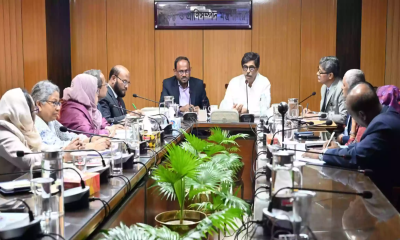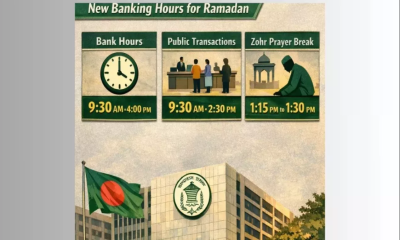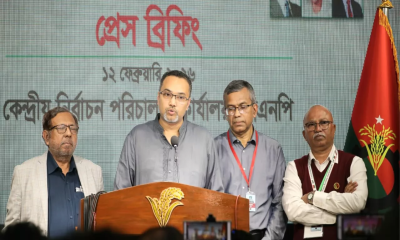Voters in the Solomon Islands are casting their ballots in a general election that is being closely watched by Australia, China and the United States for its potential impact on regional security.
The election on Wednesday is the first since the government of Prime Minister Manasseh Sogavare switched formal diplomatic ties to China from Taiwan and he has pledged to further bolster relations with Beijing if he is reelected. His main challengers want to tone down Beijing’s influence.
Polling stations in the archipelago of 720,000 people opened at 7am on Wednesday (20:00 GMT on Tuesday), with voting in national and provincial elections being held on the same day for the first time. Police from Australia, Fiji, New Zealand and Papua New Guinea are assisting the Royal Solomon Islands Police Force with security.
Some voters queued outside polling stations three hours before polling began, with many more flocking to booths early after seeing the growing crowds. The country’s struggling health services, education and inadequate roads were a top focus for many of them.
In the capital, Honiara, lawyer Eddie Toifai, in his 40s, said a long-promised flood of Chinese aid had failed to make life better.
“We have severed ties with Taiwan and we have developed ties with China,” he told the AFP news agency. “For me, I was hoping that would bring change to this country, but I’m yet to see that happen.”
Hilda Nuake, a 49-year-old teacher, was fretting about the dilapidated state of basic services and the nation’s health system. “Many times, we run short of medicine and places for sleeping
. We just sleep on the floor,” she told the AFP.More than 1,000 polling stations are scattered across villages and towns across the Solomons archipelago, 2,000km (1,200 miles) off Australia’s northeast coast. It will take several weeks to collect all the ballots and the country’s 50 legislators will then need to form a government before they choose the next prime minister.
Some analysts have described the election as “perhaps the most important to
Solomon Islands since independence” because of its potential to reshape the country’s ties with China.Sogavare, who became prime minister in the 2019 election, in his fourth and longest stint in the top office, has asked voters to back his economic plans against a backdrop of closer ties with China.
The incumbent leader points to Beijing’s gift of a $100m sporting complex used to host the regional Pacific Games last year and a similarly-sized loan to build a national broadband network led by Chinese tech giant Huawei as examples of why the switch to China from Taiwan was the correct move for the developing country.
“There is still a bit of pressure on Prime Minister Sogavare to demonstrate that the switch in diplomatic relations has delivered dividends for the country,” Mihai Sora, a research fellow in the Pacific Islands Program at the Lowy Institute in Sydney, told Al Jazeera. “Certainly it has delivered dividends for him as a leader, he was able to deliver the games, increased security presence on the ground through Chinese police presence. So there have been some changes, but arguably not much of that trickle down effect.”
Sogavare’s embrace of Beijing in 2019, however, partly led to a wave of antigovernment riots which tore through the Chinatown district in Honiara. Violence returned in 2021 when angry mobs tried to storm parliament, torched Chinatown and attempted to raze Sogavare’s home.
The prime minister’s rivals this year have campaigned on re-examining elements of the Chinese relationship, including a controversial 2022 security pact with Beijing.
Among them is Matthew Wale, of the Solomon Islands Democratic Party, who has previously criticised the Chinese police presence in the island nation and has pledged, if elected, to boost education and fix hospitals that often run out of medicine.
Another prominent opposition candidate, Peter Kenilorea Jr of the United Party, has said he wants the China security pact scrapped and more infrastructure partnerships with Western countries to reduce Beijing’s influence.
Election observer groups from Australia, New Zealand, the Pacific, Japan, Europe and the US will monitor voting and counting.
Observers will be closely watching the results in Malaita, the most populous province, which has long criticised deepening China ties and is where opposition parties hope to gain seats.
Voting closes at 4pm local time (05:00 GMT).
Vote counting will begin on Thursday but the result will not be known for more than a week.




-20260219110716.webp)
-20260219054530.webp)
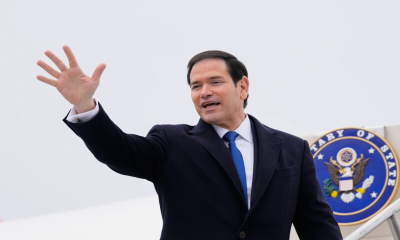
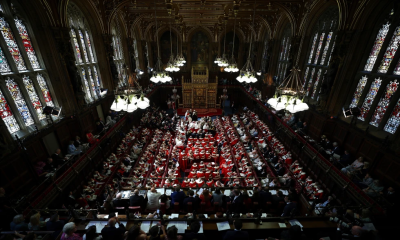
-20260218060047.jpeg)
-20260216055149.webp)



